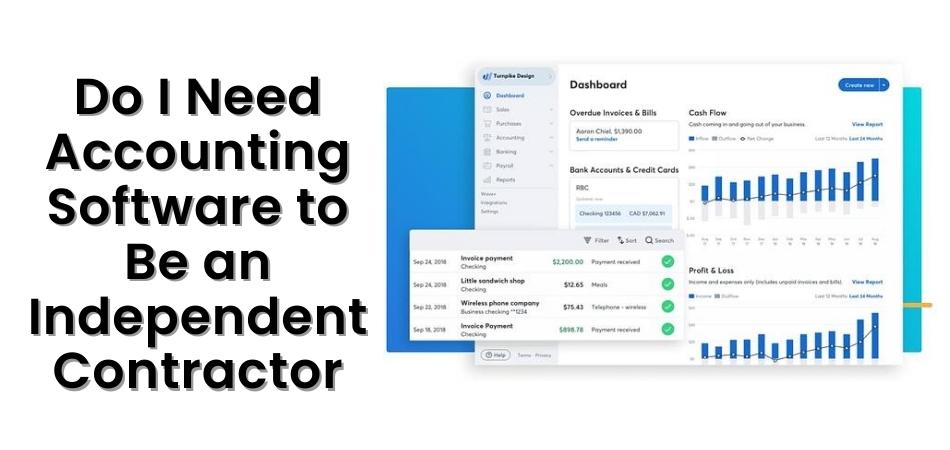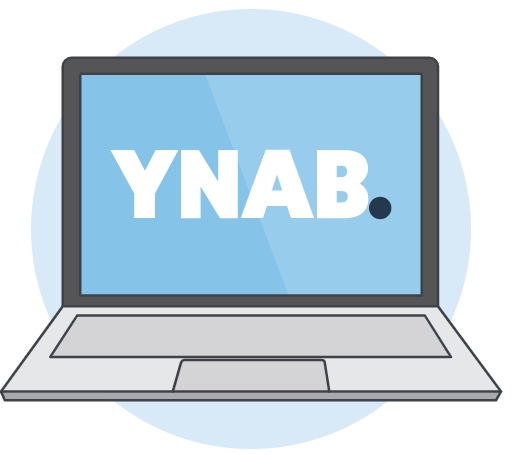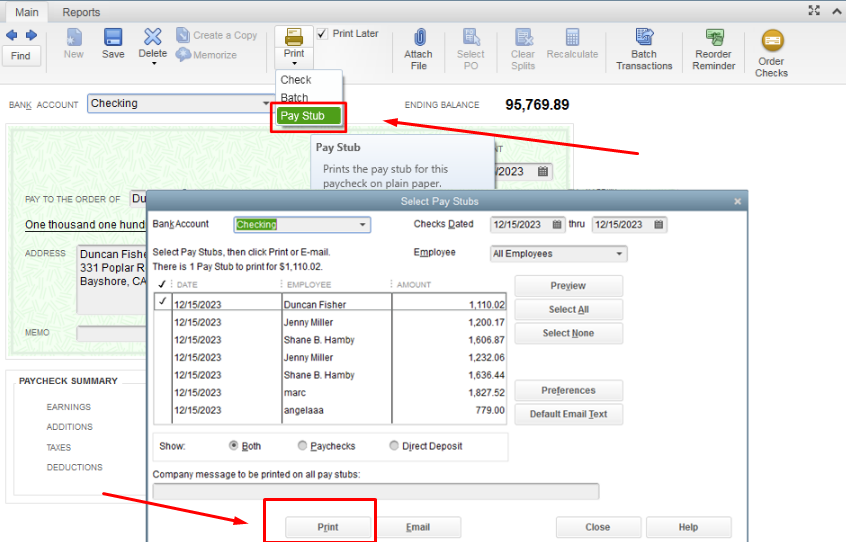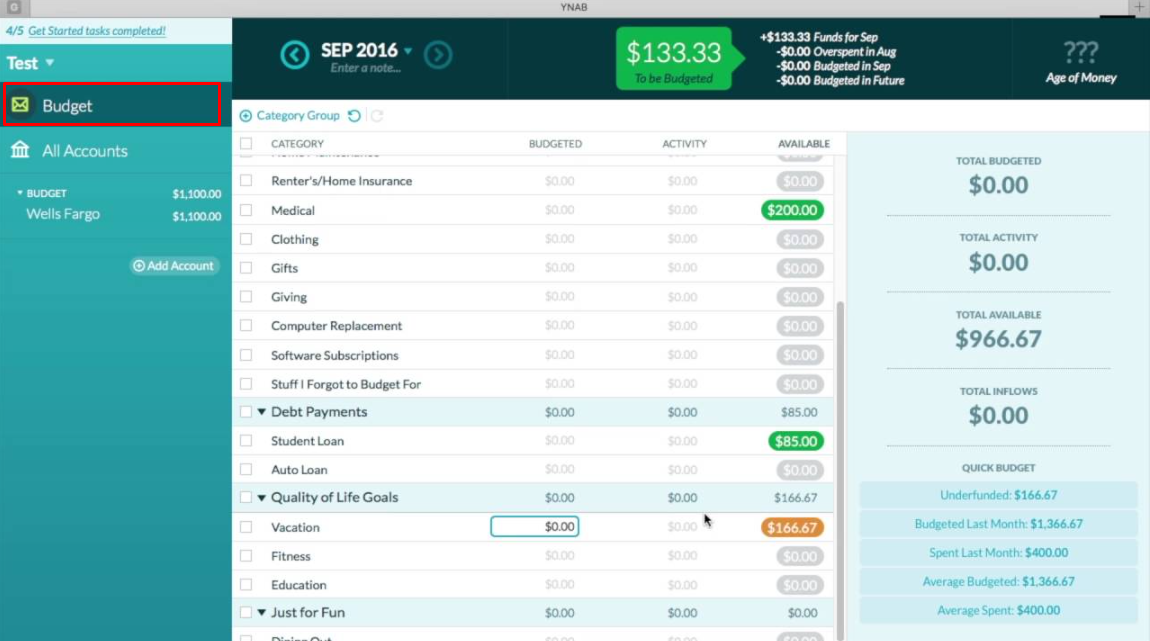Want to become financially independent? Check out these strategies and learn how

Anúncios
Achieving financial independence is a goal many people aspire to, but few understand the concrete steps necessary to get there.
Financial independence doesn’t happen overnight: it requires dedication, conscious, assertive decisions, and a lot of discipline.
Anúncios
It means having enough personal wealth to live without actively working to meet your basic needs.
If you want to learn how to become financially independent, keep reading to understand the strategies!
Anúncios
What is financial freedom?
Financial freedom is the state of having enough resources and income to sustain your lifestyle without relying on a paycheck.
It’s not about becoming a millionaire overnight, but rather building a financial cushion that allows you to make decisions without stressing over money.
Whether your goal is early retirement, the ability to travel, or simply having more time for your passions, achieving financial independence is key to living life on your terms.
The journey starts by setting your personal financial goals and creating a plan to achieve them.

How to become financially independent?
Achieving financial independence may seem daunting, but by following these ten strategies, you can make steady progress.
Each step is designed to build on the previous one, providing a roadmap to financial freedom.
1. Set your own life goals
Financial independence begins with defining clear and specific life goals.
What does financial freedom look like to you? Whether it’s paying off your mortgage, saving for retirement, or simply being debt-free, knowing your end goal is crucial.
Setting goals allows you to create a plan to achieve them. Break these goals into short-, medium-, and long-term plans.
Each milestone, whether it’s saving a certain amount or investing in a diversified portfolio, keeps you motivated and on track for greater freedom.
2. Maintain your own bank account
Having your own bank account is fundamental to financial independence. This simple step ensures that you have control over your funds and can manage them effectively.
A separate personal account allows you to track your income, control your spending, and save more efficiently.
For young adults still living with parents or partners, opening an independent account is the first step toward taking full responsibility for your finances.
Choose an account with low fees and good interest rates, which can help grow your savings over time.
3. Know your finances and create a budget
To achieve financial independence, you need a complete understanding of your income, expenses, and financial obligations.
Start by tracking your spending to identify areas where you can save. Then, create a budget outlining your monthly expenses and set aside money for savings and investments.
A budget helps you live within your means and avoid debt while still allocating resources to your financial goals.
Budgeting apps or a simple spreadsheet can make this process easier, helping you monitor your progress.

4. Create automatic savings
One of the most effective ways to ensure you save money consistently is to set up automatic savings.
By arranging for a portion of your paycheck to be automatically deposited into a savings or investment account, you eliminate the temptation to spend that money elsewhere.
Automating your savings ensures that you’re building a financial safety net every month without having to think about it.
The key is to start with an amount you’re comfortable with and gradually increase it as your financial situation improves.
5. Focus on paying off debt
Debt can be one of the biggest obstacles to financial independence. Whether it’s student loans, credit card balances, or personal loans, paying off debt should be a priority.
Start by tackling high-interest debts like credit cards, as these can accumulate quickly and become overwhelming.
Use strategies like the snowball method (starting with the smallest debts) or the avalanche method (starting with the highest-interest debts) to systematically reduce what you owe.
Once your debts are under control, you’ll free up more income to allocate to savings and investments.
6. Start building credit
Establishing and maintaining good credit is crucial for financial independence. A strong credit history allows you to qualify for better interest rates on loans and credit cards, saving you money in the long run.
If you don’t already have a credit card, consider applying for one and using it responsibly. Make small purchases and pay the balance in full each month to build your credit without accumulating debt.
Additionally, regularly monitor your credit report to ensure there are no errors or fraudulent activities affecting your score.

7. Monitor your credit score
Your credit score plays a vital role in your overall financial health. It affects your ability to get loans, mortgages, or even rent an apartment.
Regularly checking your credit score allows you to identify potential issues before they become bigger problems.
Use free credit monitoring tools or apps to track your score and any changes in your credit report.
If you notice any inaccuracies, take action to dispute them as quickly as possible.
By keeping your credit score in good shape, you maintain financial stability and reduce the risk of unexpected financial setbacks.
8. Educate yourself about finances
Financial literacy is the key to long-term independence. Understanding how money works, whether it’s investments, taxes, or saving strategies, empowers you to make informed decisions.
Commit to educating yourself about personal finance. There are many resources available, from books to podcasts and online courses.
The more knowledge you have, the better prepared you’ll be to navigate the complexities of managing money, growing wealth, and protecting your assets.
Financial education is an ongoing process, so stay curious and keep learning.
9. Live below your means
One of the simplest but most effective strategies for achieving financial independence is living below your means.
This means spending less than you earn and resisting the urge to splurge on non-essential purchases.
It’s easy to get caught up in the desire for the latest gadgets, fashion, or dining experiences, but these habits can quickly deplete your resources.
Instead, focus on building savings, investing in assets that grow over time, and maintaining a frugal lifestyle.
By making smart financial decisions today, you’ll be setting yourself up for greater freedom in the future.

10. Take care of your health and assets
Finally, good health is an often-overlooked component of financial independence. Medical bills can quickly derail your financial plans, so it’s important to maintain a healthy lifestyle and have adequate health insurance.
Regular exercise, a balanced diet, and preventive healthcare can help avoid costly medical expenses in the future.
Additionally, protect your other assets, such as your home, car, and valuable possessions, by ensuring they are properly insured.
Taking care of both your physical health and financial assets allows you to enjoy your wealth without fear of unexpected expenses.
Have you learned how to become financially independent? Use the tips provided to make continuous improvements in your financial life.
We hope you enjoyed the content! Stay tuned for more information in future site posts.
Want a great suggestion? Check out our content explaining how a money order works!





